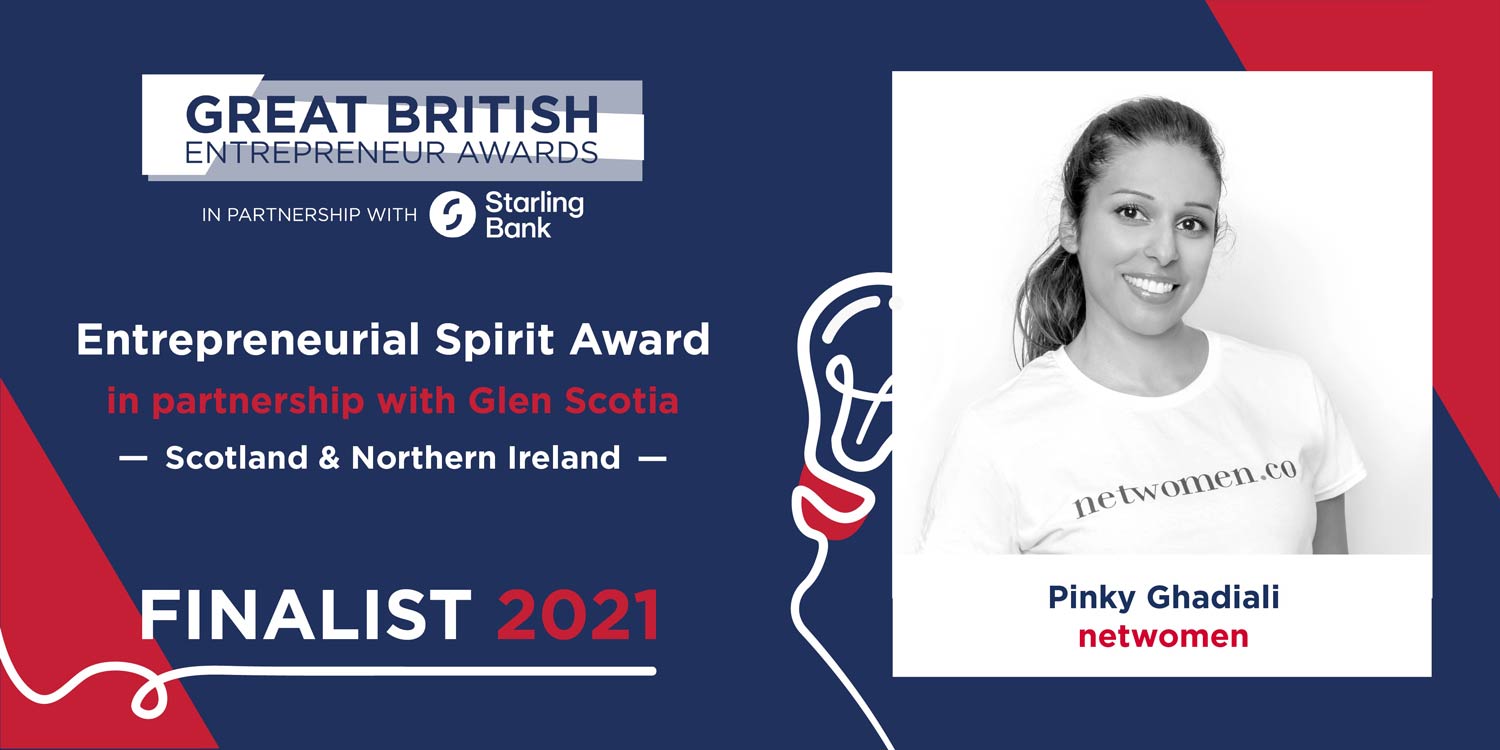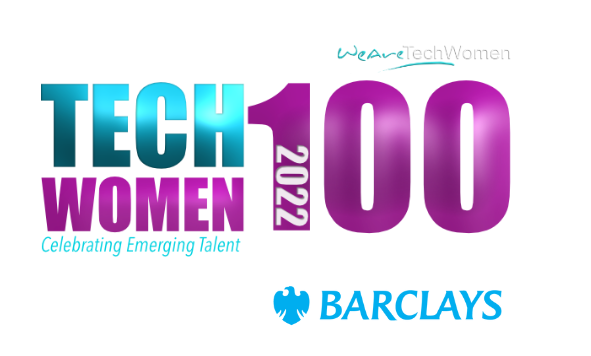In today’s rapidly evolving work environment, businesses are witnessing a transformation with the coexistence of four generations in the workforce. From Baby Boomers to Generation Z, each generation brings unique perspectives, values, and skills to the table. While this diversity can foster creativity and innovation, it also presents challenges that demand a thoughtful approach from organisations. In this blog, we will explore the characteristics, strengths, and potential conflicts that arise within a multi-generational workforce, along with strategies to harness its full potential.
Baby Boomers (1946-1964)
The Baby Boomers, born between the end of World War II and the mid-1960s, are known for their strong work ethic and dedication. Having witnessed technological advancements first-hand, they often possess a wealth of experience and institutional knowledge. Baby Boomers are likely to prefer face-to-face communication and value loyalty to their organisations.
Strengths:
- Vast experience and expertise.
- Strong leadership skills.
- Institutional knowledge.
- Loyalty and commitment to the workplace.
Potential Challenges:
- Resistance to rapid technological changes.
- Difficulty adapting to flexible work arrangements.
- Generation gap in communication and working styles.
Generation X (1965-1980)
Generation X, born between the mid-1960s and early 1980s, is marked by their independence and self-reliance. This generation experienced the transition from analogue to digital and is often considered the bridge between older and younger generations. They are pragmatic, adaptable, and value a healthy work-life balance.
Strengths:
- Resourceful and independent.
- Willingness to embrace technology.
- Ability to adapt to changing circumstances.
- Work-life balance advocates.
Potential Challenges:
- Desire for a more hands-off management style.
- Scepticism towards hierarchical structures.
- Balancing work and family responsibilities.
Millennials (Generation Y) (1981-1996)
Millennials, also known as Generation Y, were born between the early 1980s and late 1990s. This tech-savvy generation grew up amidst the digital revolution, which has shaped their unique approach to work. Millennials value purpose and meaning in their careers, seeking roles that align with their personal values and allow for professional growth.
Strengths:
- Proficiency in technology and digital tools.
- Strong entrepreneurial spirit.
- Desire for continuous learning and development.
- Embrace diversity and inclusivity.
Potential Challenges:
- Reputation for job-hopping.
- Need for regular feedback and recognition.
- Striving for a healthy work-life integration.
Generation Z (1997-2012)
Generation Z, the youngest group in the workforce, was born from the late 1990s to the early 2010s. Raised in a hyper-connected world, they are true digital natives with an innate understanding of technology. Gen Z is characterised by their passion for social causes, preference for online communication, and eagerness to work in collaborative and inclusive environments.
Strengths:
- Tech-savvy and adaptable to the digital landscape.
- Entrepreneurial and innovative mindset.
- Strong focus on social responsibility and sustainability.
- Ability to multitask and embrace flexible work arrangements.
Potential Challenges:
- Shorter attention spans in a fast-paced digital world.
- Balancing face-to-face communication with online interactions.
- Navigating the transition from education to the workforce.
Strategies for Success in a Multi-Generational Workforce
- Foster a culture of inclusivity and respect: Encourage open communication and empathy between different generations to build strong team dynamics and mutual understanding.
- Provide continuous learning opportunities: Offer training and development programmes tailored to each generation’s needs to enhance their skills and knowledge.
- Embrace flexible work arrangements: Implement flexible schedules and remote work options to accommodate varying preferences and needs.
- Encourage intergenerational mentorship: Facilitate mentorship programmes where older employees can share their expertise, and younger employees can provide fresh perspectives.
- Celebrate diversity and recognise achievements: Acknowledge and celebrate the contributions of individuals from all generations to foster a positive work environment.
A multi-generational workforce can be a powerful asset for organisations if managed thoughtfully. By recognising the strengths of each generation and addressing potential challenges proactively, businesses can create a harmonious and innovative work environment that harnesses the power of diversity and propels their success into the future. Embracing the unique qualities of each generation will not only lead to a more cohesive workforce but also empower organisations to thrive in an ever-changing global landscape.
Get in touch with the team at Netwomen hello@netwomen.co




